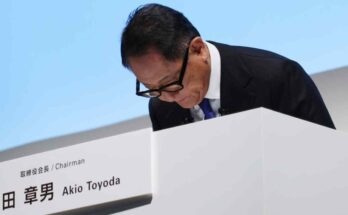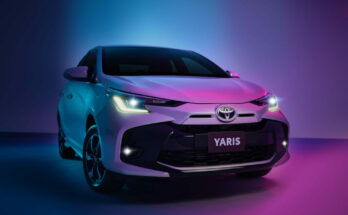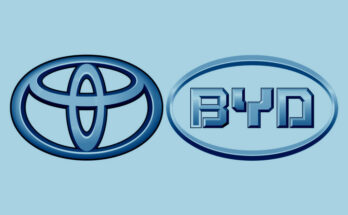Former Toyota CEO and current Toyota Chairman Akio Toyoda has once again criticized electric vehicles this time saying EVs will never account for more than a third of the market and that consumers should not be forced to buy them.
He added that electric vehicles should not be developed to the exclusion of other technologies such as the hybrid and hydrogen-powered cars that his company has focused on. Akio who has long been a proponent of hybrids and alternative fuels such as hydrogen, claimed EVs will only secure a maximum of 30% of the market whereas the remaining 70% will be taken by hybrids, hydrogen fuel cells, and traditional combustion engines.
Related: Akio Toyoda Fears Toyota Will Become Boring Again
That being said, Toyota which alongside other Japanese automakers, is heavily criticized by industry pundits & environmentalists for being too lethargic toward embracing EVs recently said it’s betting big on electric vehicles. Toyota’s new CEO Koji Sato has said that the automaker expects to sell 1.5 million EVs annually by 2026, and 3.5 million by 2030.
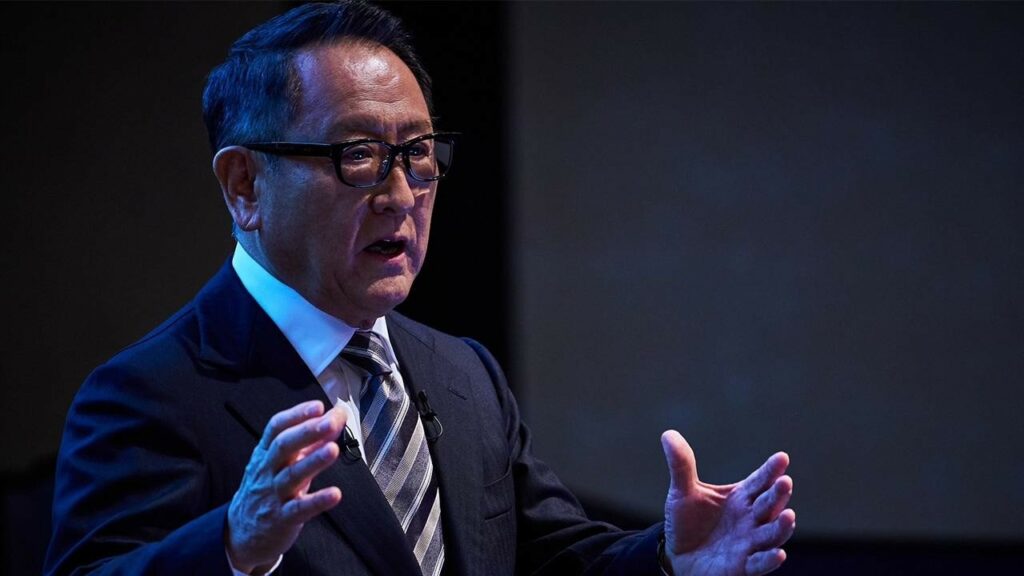
Interestingly 3.5 million would be just around 30% when compared with 2022’s global sales volume. So where will the EV leaders like Tesla, BYD, and others go if Toyota will alone sell 30% of EVs globally by 2030? And how will EVs never go past a 30% market share according to Akio? Perhaps maths needs to be redone here.
Related: Toyota Says EVs ‘Impractical’ for Australian Drivers- Tesla Retaliates Against ‘Cynical’ Attack
Last year, EVs accounted for approximately 18% of total new vehicle sales worldwide. That number is only expected to increase. BloombergNEF estimates that EVs will account for 44% of new car sales by 2030 and 75% by 2040. This figure, of course, may vary by country, as some will certainly fall behind on existing infrastructure requirements.
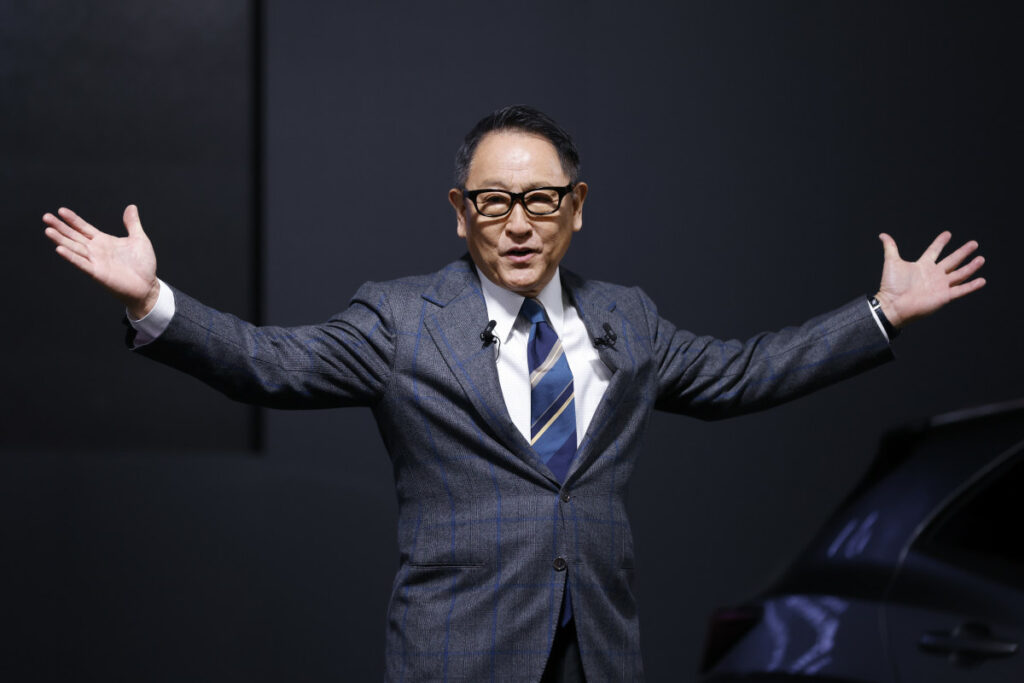
According to Akio Toyoda, one of the main issues hindering the adoption of EVs is the infrastructure. Combustion engines will undoubtedly find a market given the more than 750 million people who lack access to electricity globally. That being said, just because someone has access to electricity does not guarantee that it is dependable or that the grid can handle a sudden influx of EVs without upgrades. And this is where Toyoda thinks classic combustion-powered cars, fuel-cell electric vehicles, and hybrids still have a place.
Related: Akio Toyoda Says “People Are Finally Seeing Reality” of EVs
In the meantime, Toyota most likely faces a more serious issue. China’s car exports increased by over 60% in the previous year. This unexpected growth resulted in China surpassing Japan as the world’s largest automobile exporter, causing concern in the auto industry around the world. Moreover, EVs made up nearly 32% of China’s vehicle export numbers.
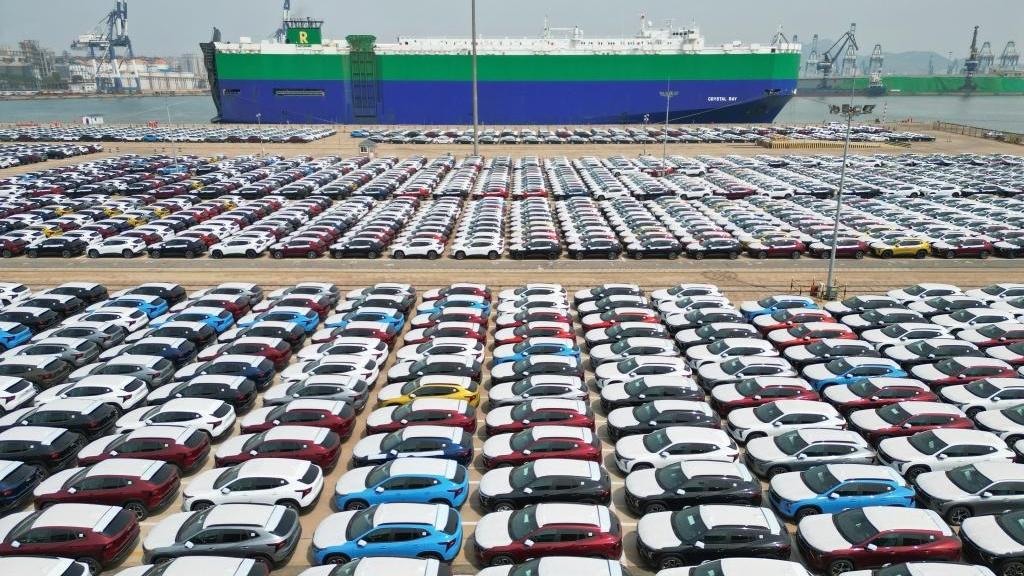
China is by far the world’s largest electric vehicle market. Furthermore, it is home to a large number of EV companies with access to low-cost domestic manufacturing and components. Because of this, it serves as a perfect location for companies aiming to produce high-tech, affordable goods, which is precisely what the global auto industry is terrified of.
Related: Toyota Falling Off a Cliff
But Toyota will have to deal with even more EV-related problems. For example, governments around the world including Europe forcing auto manufacturers to ramp up the proportion of pure EVs they sell under the zero-emission vehicle mandate. In Europe, car makers will face fines if they fail to hit the targets, which take effect from this year. The figure for 2024 is 22%, rising to 28% in 2025, 52% in 2028 and 80% by 2030.
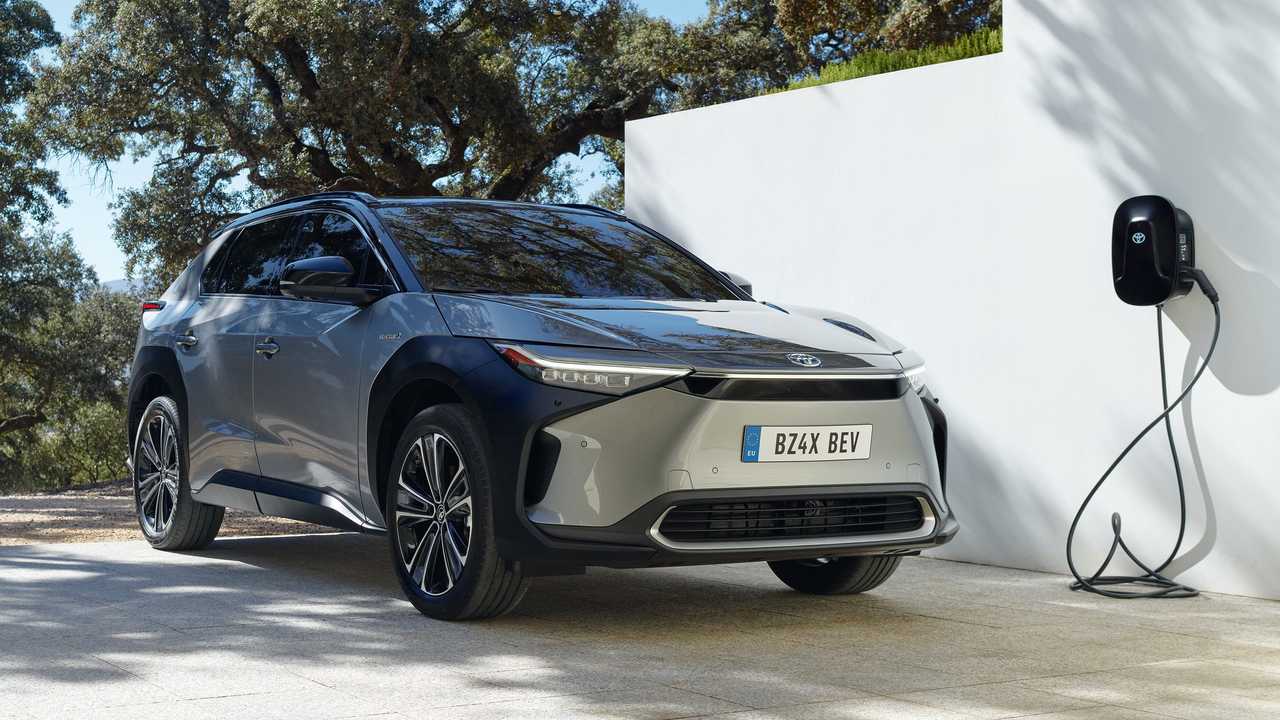
Toyota lobbied against the implementation of the policy, telling the UK government it was “extremely concerned” by this year’s target, with which it would be unable to comply. The Japanese automaker claimed the mandate would penalize it “both financially and in terms of its brand reputation”, according to documents obtained under Freedom of Information laws by the Fast Charge newsletter. Instead, Toyota lobbied for a one-year delay to the scheme and called for hybrids to be partly eligible.

A computer animation professional with over 23 years of industry experience having served in leading organizations, TV channels & production facilities in Pakistan. An avid car enthusiast and petrolhead with an affection to deliver quality content to help shape opinions. Formerly written for PakWheels as well as major publications including Dawn. Founder of CarSpiritPK.com

